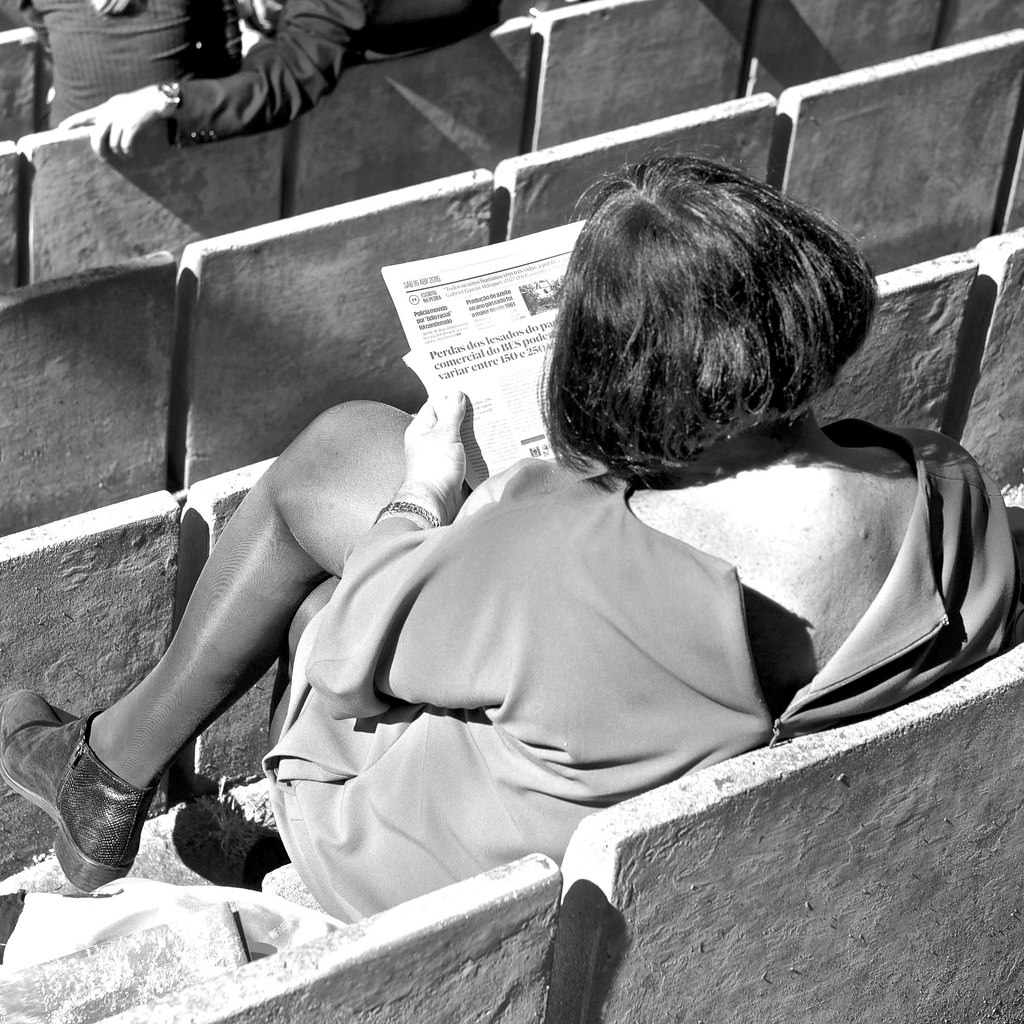
Thanks to social media, we are making strides in race relations, gender equality, the fight against patriarchy, and a general humanitarian tact that is quickly encompassing the greater universal sensibility. Social media has exposed stories and images at a high speed previously unavailable.
Take for example the tragic photo of five-year-old Syrian boy Omran Daqnee which recently went viral. It symbolizes an unbroken continuum of suffering for the last six years of conflict. What we are seeing is a greater reality of the human condition, and the absurdity of these conflicts are becoming far too much to wrap our minds around. Someone captured a photo of what’s been going on forever; we will cry about it, and return to our daily routines. Remember the drowning boy?
In a similar vein, the image of three-year-old Alan Kurdi shocked the world, then quickly dissipated as we all proceeded to live our lives. These facets of imagery spamming the internet temporarily provoke a moral sensibility within us and then eventually dissolve.
This doesn’t mean we are terrible people
In the last few months we have seen an attempted coup against the Turkish government, multiple shootings such as the Orlando and Nice tragedies, the circus of the American electoral race (email scandals, Wikileaks and all), Obama’s last year in office, Harambe, a rise in right-wing sentiment in Europe, the T-Swift and Kanye feud, a severe lack of rain, the Olympics, and all the global drama surrounding it.
We are only human and we can only handle so much. This is why print publication is important. You pick up a paper once a week and let the information absorb into your parietal lobe. This is information relevant to yourself and your community. Stories within an arm’s reach, issues you can become a part of and dialogues you can engage in. The degrees of separation between most of the news we receive via internet create a sense of detachment, however unintentional.
Through Arthur, you’re still being exposed to your peers’ outlooks and analyses of the greater national and global issues; intelligible, calculated and grounded. The Peterborough and Trent community paper is a balanced and responsible way to receive your news while remaining critical.
In his show Last Week Tonight, John Oliver states, “The media is a food chain that would fall apart without newspapers.” Social media is used to reach a large audience, as is television news, but people often overlook the importance of the physical paper and how it serves the community. Most television networks source their news from print publications and a lack of print news would create a vacuum. Where would we get our information?
Sure, it’s great to be up, buzzed on way too many espressos, clicking on endless article upon endless article, but eventually, the overabundance of news pages you’ve liked on Facebook will become white noise, the comments section a black hole you get sucked into, and the risk of click-bait always a looming threat
We encourage you to utilize your local community news sources, and not just us! Trent Radio and monthly publication Electric City Magazine are fantastic ways to be entertained and stay connected via relevant platforms.
This year, Arthur enters Volume 51, breaking into the latter half of its hopefully centurial existence. This paper has served the community for decades as a reliable platform for student and community dialogue.
Granted, we are wacky, spontaneous, and take risks, but you can always come knocking at our door, demanding, “What the hell are you thinking?”, and I will yell back, “PRINT MEDIA IS IMPORTANT, WELCOME TO YOUR STUDENT RAG.”

